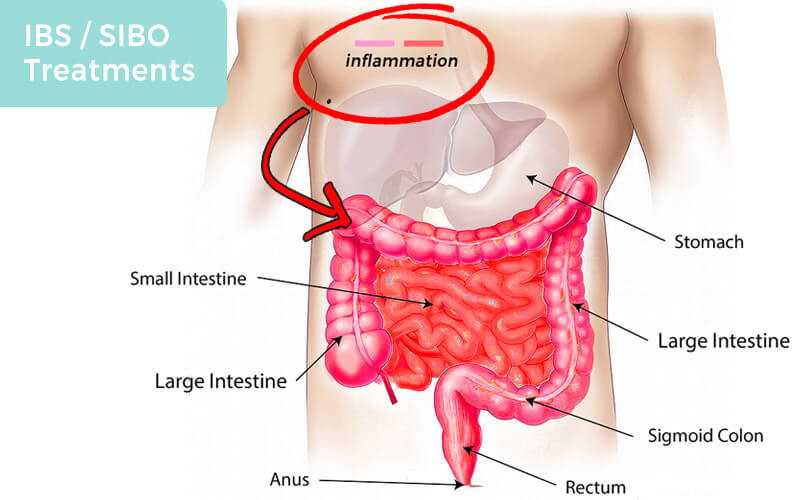Irritable bowel syndrome (IBS) is a common gastrointestinal issue that can cause discomfort and disruption in daily life. Symptoms often include abdominal pain, bloating, brain fog, and changes in bowel habits, such as diarrhea or constipation. Chronic inflammation or disease is often the underlying cause.
Research has shown that the bacteria in your gut plays a crucial role in improving your overall well-being, including immune and thyroid function. In fact, studies have found that people with IBS have a less diverse gut microbiome, which may contribute to their symptoms.
Fortunately, there are steps you can take to support your gut health and manage your IBS symptoms. This may include dietary changes, such as reducing your intake of trigger foods like gluten, dairy, or artificial sweeteners, and increasing your consumption of fiber-rich foods. Other lifestyle changes, such as stress reduction techniques and regular exercise, can also be helpful.
Taking care of your gut health can improve your overall well-being. One way to do this is by adding specific gut flora medications and other nutrient therapies to your diet.
By working with a healthcare professional and following a personalized treatment plan, you can take control of your gut health and enjoy a better quality of life.
